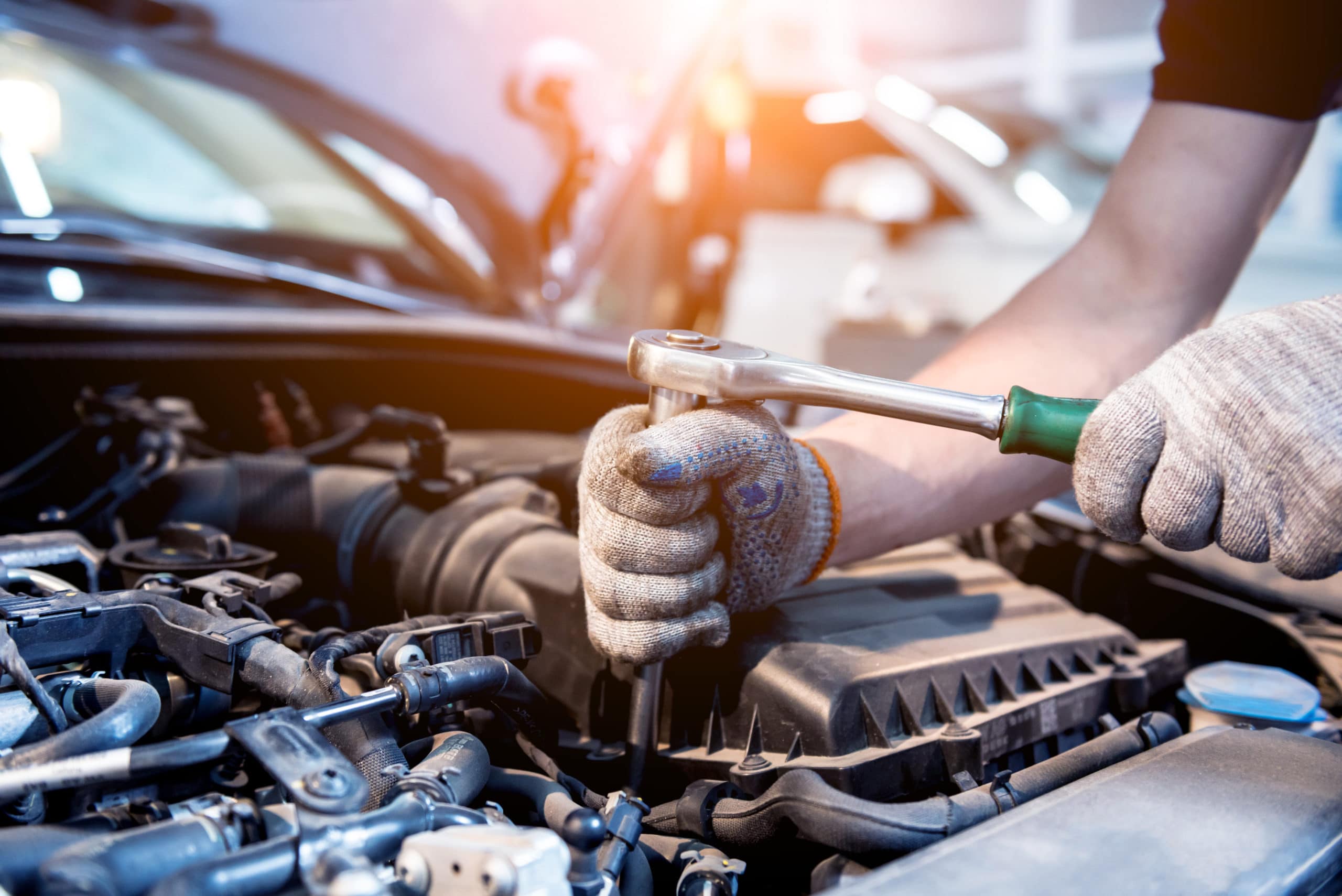As of mid-November 2020, over 68,000 Chevy Bolt electric vehicles have been recalled over concerns of battery fires. After five reports of these vehicles smoking or igniting, General Motors (GM) issued a recall on Chevrolet Bolt EVs manufactured between 2017 and 2019. Those affected by the recall will be notified and encouraged to visit their local dealership to receive a software update and repair. In the meantime, Chevrolet has asked customers to change their settings to reduce the potential for a battery fire. Let’s take a look at the specifics of this recall and what to do if you own or lease a 2017-2019 Chevy Bolt EV.
Reports of Battery Fires
Earlier this year, the National Highway Traffic Safety Administration (NHTSA) began investigating several consumer reports of battery fires. According to five confirmed accounts, these incidents occurred when the batteries were either almost fully charged or at full charge capacity. In two of these incidents, smoke-inhalation injuries were reported. While GM is still uncertain as to the exact cause of the fires, investigators note that all five incidents involved a fully-charged (or nearly charged) battery, the cells of which were all manufactured at an LG Chem plant in Korea.
The Proposed Fix
This recall affects over 50,900 Chevy Bolt EVs across the United States. Dealerships will be asked to reflash the battery software in the affected vehicles in order to limit the maximum charge capacity to 90 percent. According to Jesse Ortega, the executive chief engineer for Chevrolet Bolt EV, “We believe this action will reduce the risk of battery fire while we work to identify the issue and determine the appropriate final repair. We expect this software update to be available beginning Nov. 17.” While GM acknowledges that not all vehicles affected by this recall may be prone to this issue, it’s still wise for consumers to take the necessary precautionary measures.
What to do in the Meantime
As affected consumers wait for the opportunity to seek the software update at the dealership, Chevrolet is requesting owners of the 2017 and 2018 Bolt change their settings to activate the “hilltop reserve” function. Those who own or lease the 2019 Bolt should use the target charge-level option to set the maximum capacity to 90 percent. The 2020 Chevy Bolt EV is excluded from this recall because the battery cells were made by a different manufacturer. For now, consumers are urged to make these adjustments and take their vehicles to the dealership for the necessary software update.
To learn more about your rights as a consumer under California lemon law, reach out to the skilled and friendly Berkeley and Oakland attorneys at Lemon Law Partners, LLP by calling (510) 944-0336. We offer free case evaluations, so call now to get started.



